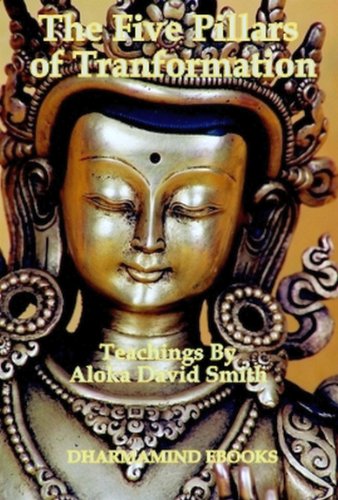Welcome to the DharmaMind Buddhist Group Website
Welcome to DharmaMind. If you are new to our website please look around for more understanding about who we are and for information about our teacher, Āloka David Smith. You can also get in touch with us at dharmamindteam@protonmail.com

We are a non-sectarian western Mahayana Buddhist group and could be described as having a close resemblance to the Chan/Zen style of practice. Our students come from all over the UK and Ireland, see the Retreat page for our schedule. For the latest news please see here.
Below is a brief description of each section found on this website. When viewed collectively they should clearly reveal our identity and commitment to practicing the Buddha-dharma.
Practice – Practices of the DharmaMind Group. Covers the teachings from basic breath-based meditation to the more esoteric aspects of awakening.
Teacher – Find out more about the DharmaMind teacher, Āloka David Smith.
Masters – Short teachings by some of the great masters from other traditions that mirror the practice and aspiration of the DharmaMind group’s way of training.
Group – Find out more about the sangha, photos and information that creates a picture of who we are and what we have to offer.
Retreat – Details of upcoming residential and non-residential retreats, booking forms. Local group locations and directions.
Media – Find out about Āloka’s books, ebooks, CDs, DVDs as well as many of Āloka’s talks in MP3 format for download or streaming. Also in this section the very latest Podcast and Video teachings. Except for the books, all these are dana offerings for those interested in our way of training or the simply curious.
Q&A Vault – Read through the extensive archive of useful answers to useful questions on dharma practice sent by dharma practitioners from all traditions.
Our documents:
